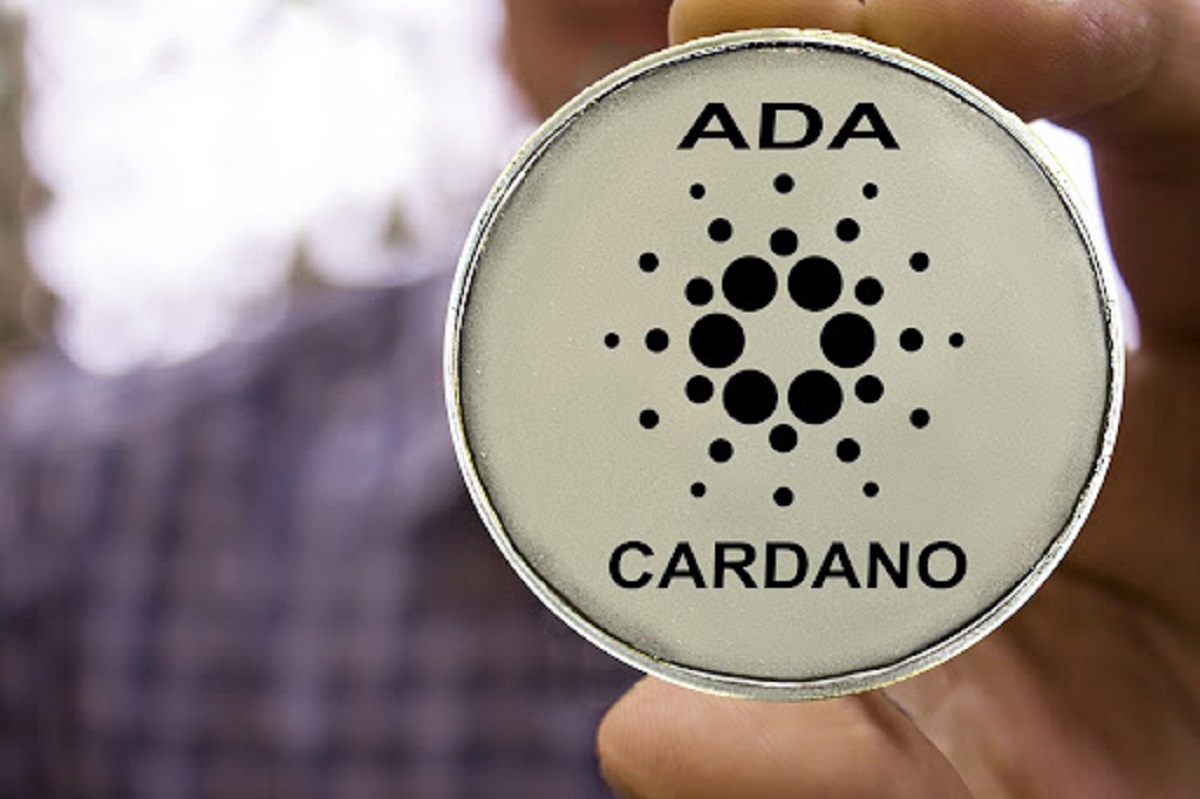- Charles Hoskinson defends Cardano against claims it’s “dead to institutions.”
- Hoskinson dismisses concerns, emphasizing cryptocurrencies’ goal to disrupt traditional finance, not court institutional approval.
Charles Hoskinson, the founder of Cardano, has responded to remarks by prominent crypto influencer Ben Armstrong, known as BitBoy, who suggested that Cardano (ADA) and Polkadot (DOT) have lost their appeal to institutional investors.
On July 3, Armstrong reignited his controversial claims, made in an April YouTube video stating that Cardano and Polkadot are ‘dead�?in the eyes of institutional investors. Armstrong’s position stems from his view that these projects do not have the same institutional support as other coins, such as Ethereum (ETH) and Solana (SOL). He notes that ADA and DOT might still generate some gains, but they will not be as high as the tokens that are popular with institutions.
I want to be clear. Recently, I said $DOT & $ADA are both dead to institutions. Which ultimately will lead to their death as legitimate investments.
This DOES NOT mean they won't pump and offer returns to investors in this bull run. They will. Returns will just be mid.
— Ben Armstrong aka BitBoy Crypto (@BenArmstrongsX) July 3, 2024
Armstrong explained that as investors become more interested in newer projects, there is the potential for even higher returns, meaning that existing projects such as Cardano could find it more difficult to attract large amounts of investment in the future.
Hoskinson’s Swift Rebuttal
In response, Hoskinson went to X to counter Armstrong’s view, pointing to an important concept of cryptocurrencies. Hoskinson emphasized that the main purpose of cryptocurrencies was to challenge and dethrone traditional institutions rather than gain their approval.
�?/span>I guess I got to learn the banjo to make Ben happy,�?/span> Hoskinson tweeted sarcastically, highlighting what he sees as a misunderstanding of the essence of cryptocurrencies.
He pointed to upcoming innovations such as layer-2 scaling solutions like Hydra and partner chains, including Midnight and Prism, which he believes will solidify Cardano’s position in the market. Hoskinson’s counterattack is a clear representation of his focus on the original vision of Cardano and the possibility of achieving a lot in the crypto space.
Armstrong is not alone in his critique of Cardano. In February, former BitMEX CEO Arthur Hayes offered harsh criticism of ADA, calling it “DOG Shit�?and doubting the relevance and demand for dApps on the Cardano blockchain.
For all you $ADA believers, what dAPP on this list originally launched on Cardano, or has a Cardano offering that is heavily used? From my very limited knowledge, looks like none of them do. That's why $ADA is dog shit. @IOHK_Charles pls educate me.
Yachtzee 😚😚😚😚😘😚😘 pic.twitter.com/riQORI6Ipy
— Arthur Hayes (@CryptoHayes) February 21, 2024
Notably, Vanessa Harris, a crypto analyst who had previously criticized Cardano’s governance structure, has recently issued an olive branch to the Cardano community. On July 2, Harris took to Twitter and said that she would continue to support the community and would not sell any of her ADA; instead, she would hold it and allow the ecosystem to grow.
“I’d like to apologize to the Cardano community. I’ve been overly harsh in my criticism of the ecosystem.
In the last six months I became increasingly concerned about what I view as existential issues for Cardano.”She stated.
Market Performance and Community Reaction
Despite the controversy, Cardano has shown recent positive movement in the market. As of Saturday, Cardano was trading at $0.3578, marking a 3% increase for the day. This upward trend boosted Cardano’s market capitalization to $12.6325 billion, representing 2.87% of the total cryptocurrency market cap.
However, the past week’s performance has been less favorable, with Cardano experiencing a 10.31% decline in value. Trading volumes have also been significant, with $367.5197 million worth of Cardano traded in the past 24 hours, registering a 51% 24-hour decline. The fluctuation in Cardano’s market value highlights the volatility and ongoing debate about its long-term viability.


